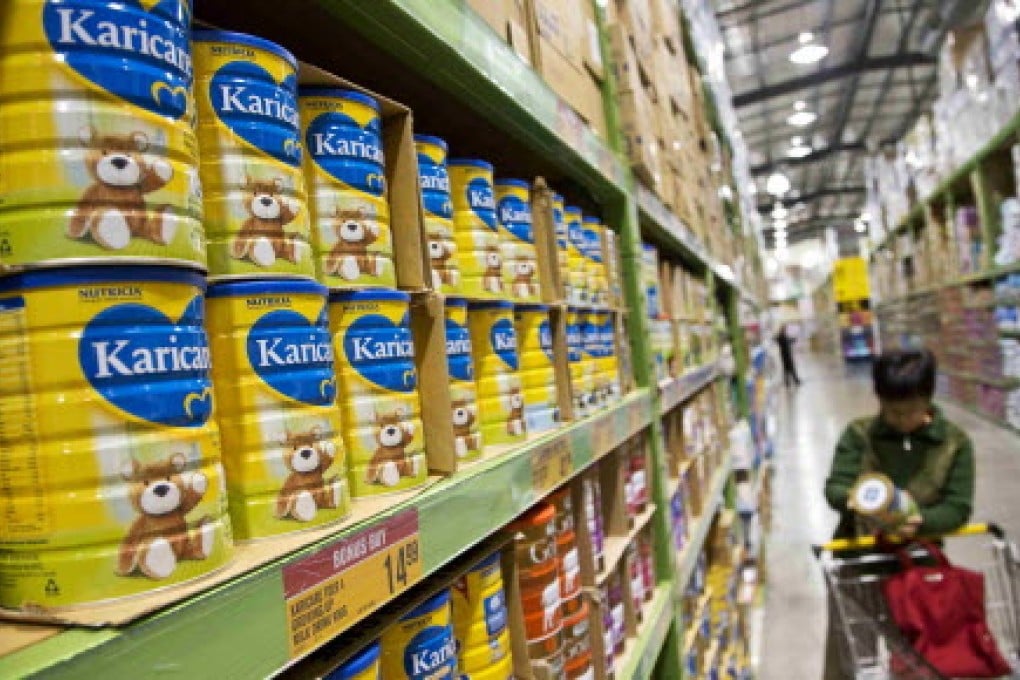As Fonterra incident shows, openness is key to food safety
Reputation is everything in the food business. That is why many New Zealanders are wringing their hands over the botulism scare involving their premier global brand, Fonterra.

Reputation is everything in the food business. That is why many New Zealanders are wringing their hands over the botulism scare involving their premier global brand, Fonterra. The test reading in a batch of the dairy firm's whey powder turned out to be false after re-examination, but the finding came too late to prevent recalls, halts of shipments and doubts about other New Zealand produce. There will be financial losses, although they are not likely to be as disastrous as some are predicting due to the company's honesty and the government's prompt response.
The tests were done by a New Zealand government agency, although it was Fonterra who blew the whistle. It did the same in September 2008 when the Chinese dairy company, Shijiazhuang Sanlu Group, in which it held a 43 per cent stake, failed to admit its infant milk formula was tainted with the chemical melamine. There are still unanswered questions after the botulism scare, but that should not cloud the fact that Fonterra initiated the recall. This is what we expect of a responsible company and why there should be continued confidence in New Zealand produce.
Fonterra has every reason to be honest and New Zealand's government to be transparent. The dairy industry accounts for a quarter of the country's exports, being by far its biggest industry. China is the top customer and it is the purity of produce that is the attraction for shoppers. Maintaining the perception that products are untainted, especially those for children, is important to ensure continued demand.
In the name of openness, a number of inquiries are under way. Answers are needed as to how the disparity in test results came about and why Fonterra waited months to make the initial findings public. Chinese food companies would do well to take note of the incident and how it is being handled. Such responsibility to customers, shareholders and the food industry, centred on being honest and open, is a basic part of ensuring products are safe. Without it, there can be no trust.
